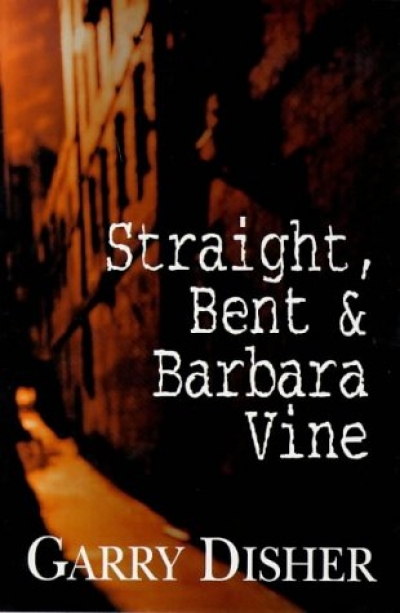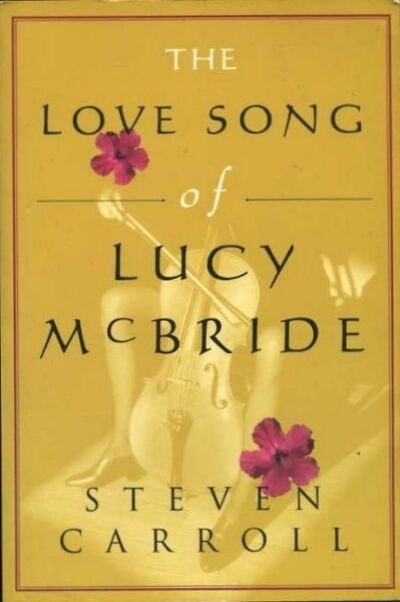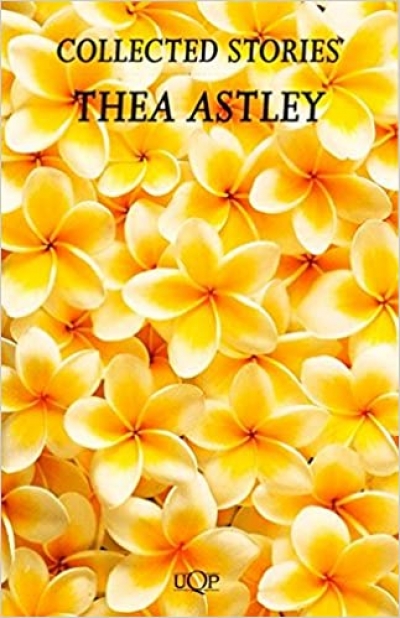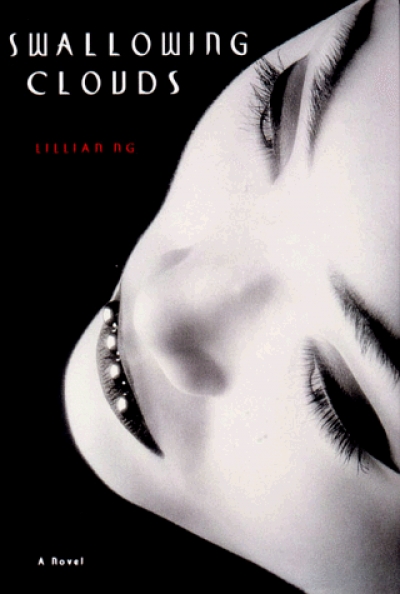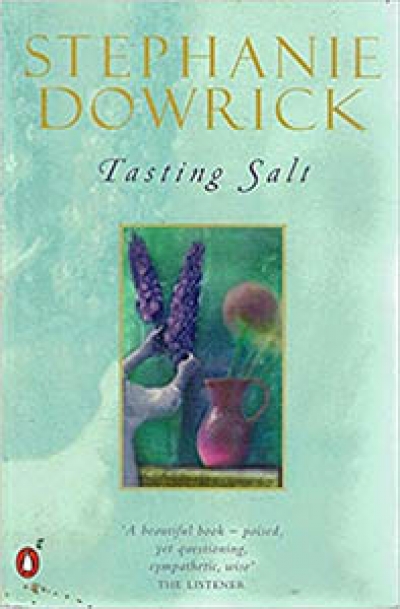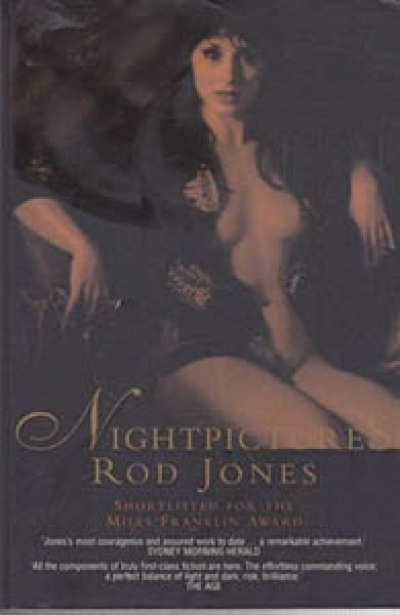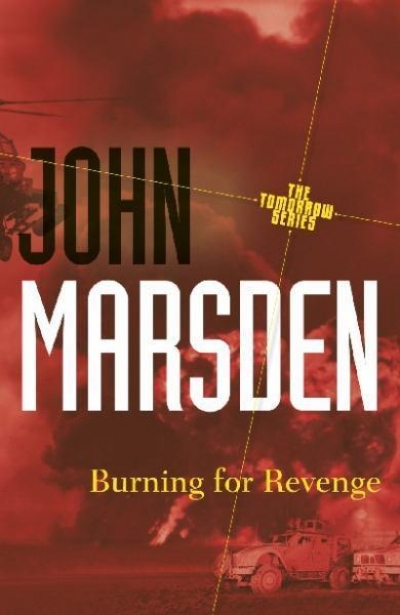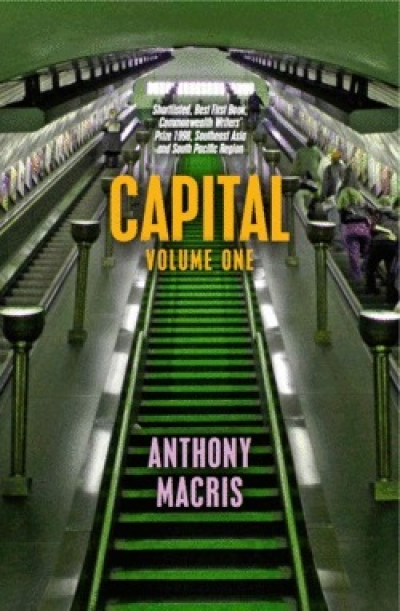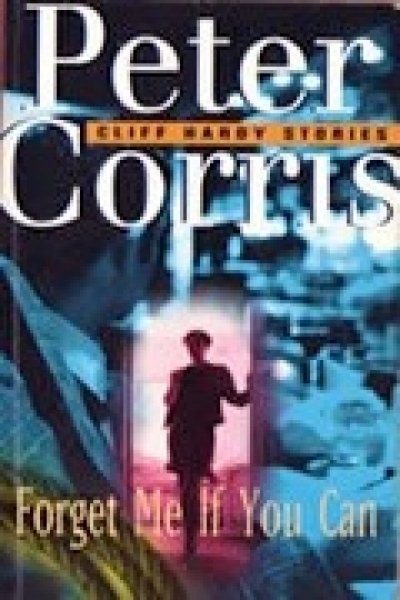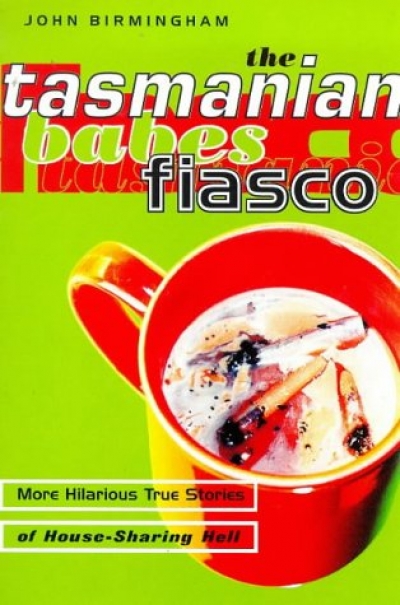Fiction
Straight, Bent and Barbara Vine by Garry Disher & Raisins and Almonds by Kerry Greenwood
As the co-publisher of Mean Streets, Australia’s ‘crime, mystery and detective’ fiction magazine, I have, like Garry Disher, occasions when I wonder what the various terms actually mean and what separates them. It’s something Disher addresses in the author’s note to this very fine collection of stories which are amongst the best writing Disher has done. As Disher says:
... (read more)In his third novel, Steven Carroll continues to work on those questions, obsessions, scenes and images that preoccupy him as a writer – the characters and personalities of women, and in particular that figure of a sexually charged and sophisticated young woman so disturbing to Helen Garner in The First Stone; the language of infatuation; the placement of characters in their particular city; mismatched lovers as the centre of a love story; and a certain trick Carroll has of overlaying the inner lives of characters with the narrative of events in the story being told. It is as though his characters swim, groggily, up out of their fantasies into the harsh, ironic events that have been provoked by their inner dreams. Life in his novels operates as a merciless commentary on the evasions and hubris of each character's consciousness.
... (read more)One of the principal characters in much of Thea Astley’s writing is Queensland. ‘An intransigent fecundity dominated two shacks which were cringing beneath banana clumps, passion-vines, granadillas.’ There’s a lot of sad poetry about the place; and the distances that separate us, I mean the physical distances, are like verse-breaks in a ballad; and once, once we believed the ballad might never end but go on accumulating its chapters of epic while the refrain, the almost unwordable quality that mortises us together, retained its singular soul. How express the tears of search?
... (read more)The funny ways we have of writing about sex and how rarely it really works. The memory of how it feels, what is involved, what it means. How strenuously we, as writers and as people who have done it and then talk or write about it, try to capture the movement and intensities we remember. And how ludicrously it so often comes out at that second division, once removed from the flesh and heat.
... (read more)This quote from Buddha opens Tasting Salt, Dowrick’s second novel, and freedom is its main theme. But the freedom in question is of the quiet domestic kind rather than the revolutionary clenched-fist-and-anthem kind. Cordelia, preparing a cocktail party for her seventy-third birthday, suddenly finds herself a widow after fifty years of marriage to George. George’s departure precipitates a crisis of self. No longer able to define herself simply as ‘George’s wife’ or even ‘George’s widow’ she finds herself confronted by the past and unresolved questions of identity, sexuality, and gender. Cordelia’s odyssey, frequently confusing and sometimes painful ultimately brings her a modicum of joy and renewed faith.
... (read more)A new novel from the author of Julia Paradise, of Prince of the Lilies, and most especially of Billy Sunday, aroused in this reader an excited sense of eager anticipation. Yet I was pulled up brutally short by Nightpictures’ opening sentence: ‘When we look at other people we either want to fuck them or kill them.’ It is not merely that the sententia of this sentence is demonstrably untrue, or that ‘either’ might be more elegantly placed after ‘want’, but that the sentence is, aesthetically speaking, brutal and ugly. Perhaps it is those ‘k’ sounds. This is, however, a novel narrated in the first person, and the qualities which distressed me may be those of its narrator, ‘Sailor’, who fulfils in his individual career his universal generalisation, and my reaction may be intended.
... (read more)The fifth book in a planned series of seven would not be surprising if it were science fiction or fantasy. But Burning for Revenge is neither, rather its connections are with the much more currently unfashionable genres of adventure and war stories. And what a war adventure series it is. This fifth volume, in hardback, has been on the bestseller lists in this journal and daily newspapers since its publication – not usual for young adult books. The first, Tomorrow When the War Began, is fourth on Angus & Robertson’s Top 100 Books Voted by Australians – after Bryce Courtenay, but before the Bible!
... (read more)The point of return in this highly moveable associative novel is the London Underground, not as an instance of efficiency or even the most modest and individual progression, but rather as a static enclosure where creatures and people are delayed, starved, balked, pained by the straps or handles of their baggage and, most overwhelmingly, alone.
... (read more)Forget Me If You Can by Peter Corris & The Dark Edge by Richard Harland
Just in case anyone hasn’t head of Cliff Hardy, Peter Corris leads off his new collection of short stories featuring the Sydney private eyes, Forget Me If You Can, with ‘The Hearing’ – an informative little piece in which Hardy, his license suspended, undergoes an interview with a ‘psycho-sociological profiler’ to see if he is a fit and proper person to carry on snooping. In compressed form Corris gives us the essential Hardy: aggressive, cynical, hard-bitten, rude or charming (depending), middle aged, battle-scarred, divorced, ex-smoker, drinks too much, as honest as the job allows. You get a good sense of the man’s strengths and weaknesses, most of which are expanded on in the dozen stories that follow.
... (read more)It all depends. If living in an old, run-down Queenslander peopled with ten eccentric, loveable losers on government benefits is your idea of heaven, then John Birmingham’s new book, The Tasmanian Babes Fiasco, (the sequel to his 1994 bestseller He Died with a Falafel in His Hand), could be the realisation of your most fervent desires. For the rest of us, the lives of the characters in Birmingham’s latest offering roughly approximate hell on earth.
... (read more)

